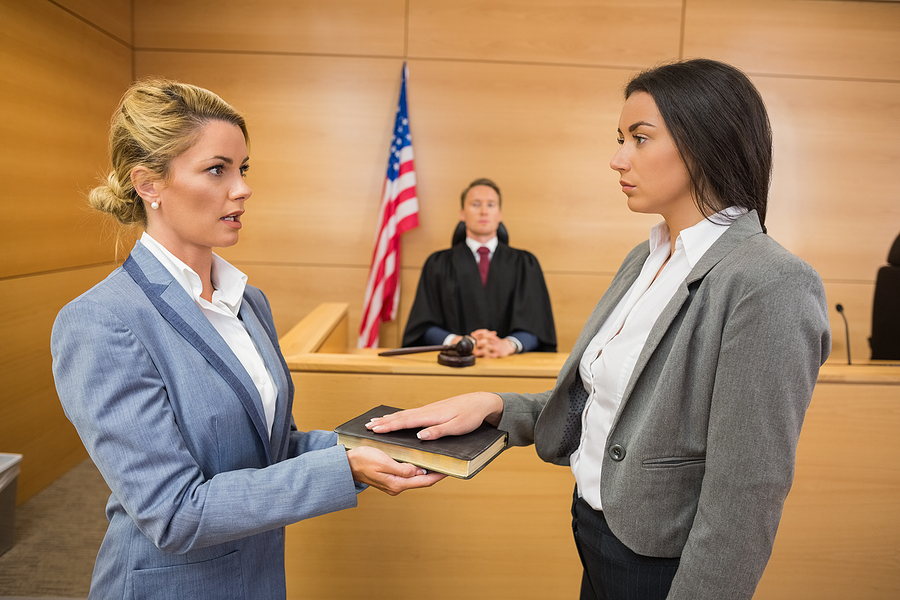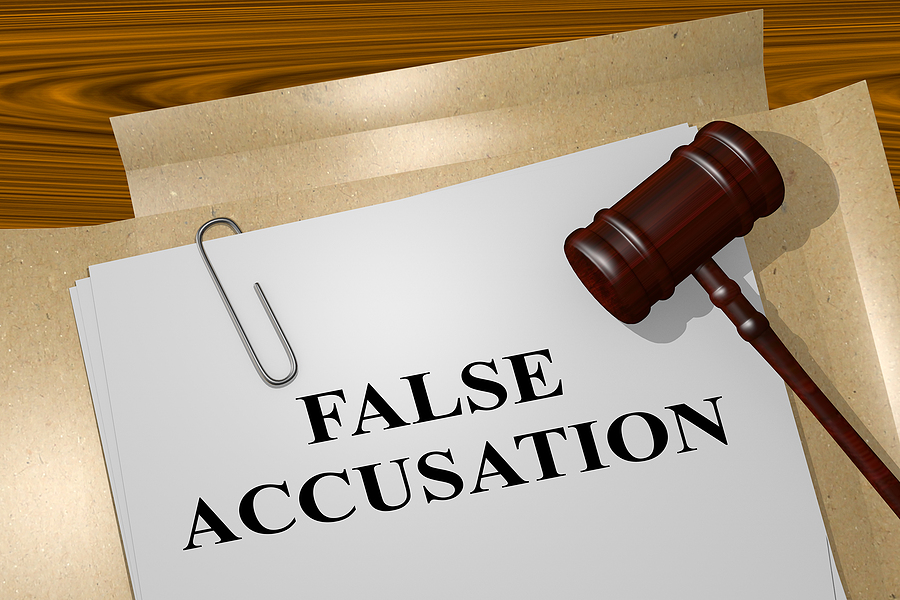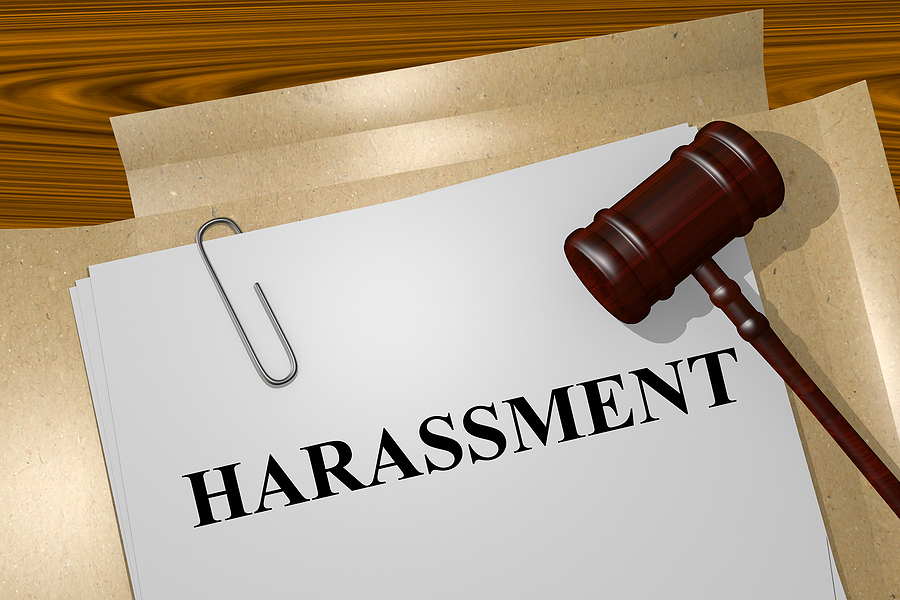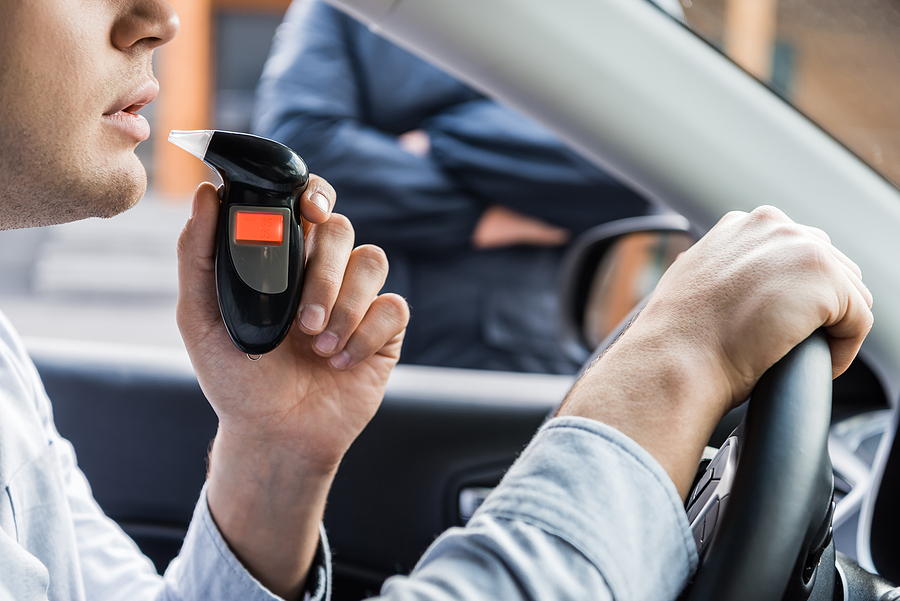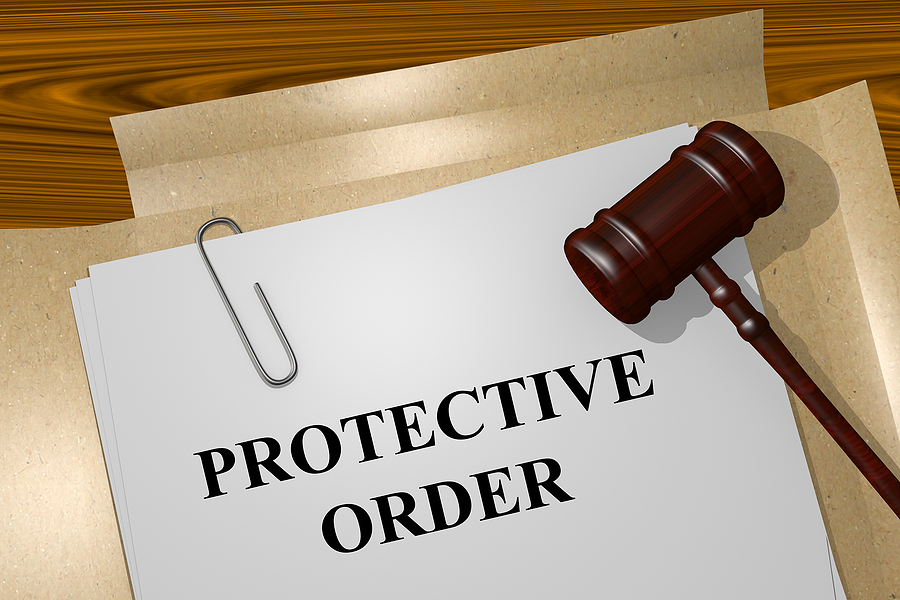Facing criminal charges can be overwhelming, especially when you hear legal terms like “aggravating factors” and “mitigating factors” thrown around in discussions about your case. These terms aren’t just legal jargon—they can significantly impact your sentence and determine whether you face the minimum or maximum penalty for your charges.
Understanding the difference between these factors is crucial for anyone navigating the Indiana criminal justice system. Aggravating factors can increase your sentence, while mitigating factors may help reduce it. The presence or absence of these elements can mean the difference between years in prison and alternative sentencing options.
Whether you’re facing felony charges or misdemeanor charges, knowing how these factors work in Indiana criminal law can help you better understand your situation and work more effectively with your criminal defense attorney. This knowledge empowers you to make informed decisions about your case and ensures you’re prepared for what lies ahead in the legal process.
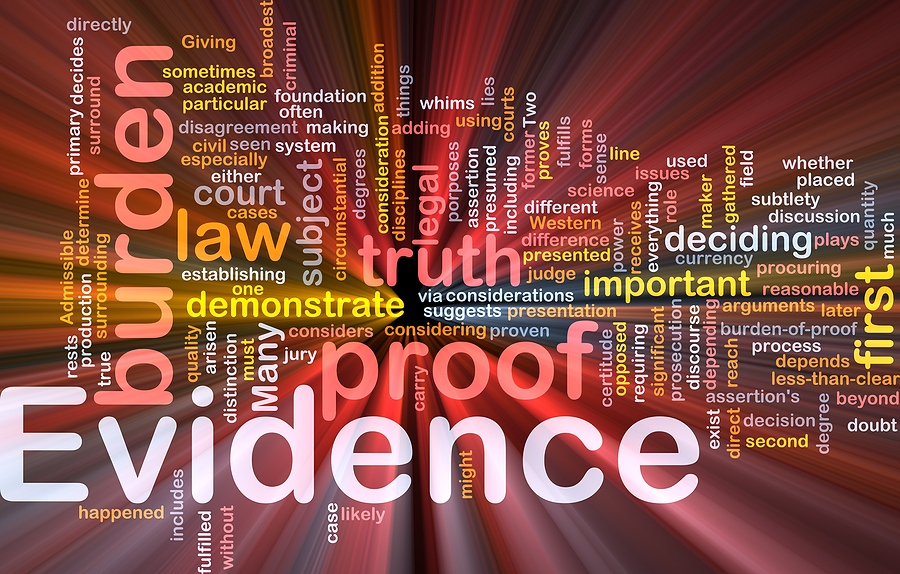
What Are Aggravating Factors?
Aggravating circumstances are facts or conditions associated with the commission of a crime that increase the severity or culpability of the offense. Under Indiana criminal law, these factors suggest that the defendant’s actions were particularly harmful, dangerous, or morally reprehensible, warranting a harsher sentence.
Common Aggravating Factors in Indiana
Indiana courts consider several types of aggravating factors when determining sentences:
Prior Criminal History
- Multiple previous convictions for similar offenses
- Recent criminal activity
- Pattern of escalating criminal behavior
- Violation of probation or parole at the time of the current offense
Use of Weapons or Violence
- Use of a deadly weapon during the commission of the crime
- Excessive violence beyond what was necessary to commit the offense
- Inflicting serious bodily injury on victims
Victim Vulnerability
- Crimes against children, elderly individuals, or disabled persons
- Taking advantage of a position of trust or authority
- Targeting victims who were particularly defenseless
Impact on Public Safety
- Crimes committed in schools or other sensitive locations
- Offenses that endangered multiple people
- Drug dealing near schools or playgrounds
How Aggravating Factors Affect Sentencing
When aggravating factors are present, judges have the authority to impose sentences above the standard range for specific charges. In Indiana, this can result in enhanced penalties that significantly exceed the typical punishment for your offense. For felony charges, aggravating factors might push your sentence toward the maximum allowed by law.
Understanding Mitigating Factors
Mitigating circumstances are facts or conditions that lessen the severity or culpability of a criminal act, thus reducing the potential sentence. These factors don’t excuse the criminal behavior, but they provide context that may warrant a more lenient approach to punishment.
Common Mitigating Factors in Indiana Criminal Law
Indiana courts recognize various mitigating factors that can work in your favor:
Lack of Criminal History
- First-time offender status
- Limited or no prior convictions
- Long period without criminal activity
- Previous successful completion of probation or community service
Acceptance of Responsibility
- Genuine remorse for the offense
- Voluntary confession or cooperation with law enforcement
- Pleading guilty and saving the court’s time and resources
- Attempts to make restitution to victims
Personal Circumstances
- Mental health issues that contributed to the criminal behavior
- Substance abuse problems with evidence of seeking treatment
- Extreme emotional disturbance at the time of the offense
- Acting under duress or coercion
Character Evidence
- Strong community ties and family support
- Steady employment history
- Military service or community involvement
- Evidence of rehabilitation efforts
Impact of Mitigating Factors on Sentencing
Mitigating factors can lead to sentences below the standard range, alternative sentencing options, or suspended sentences with probation. Your criminal defense attorney can present these factors to argue for reduced charges, lighter sentences, or participation in treatment programs instead of incarceration.
Contact Us for Free Legal Advice! ✨
Imaginary Examples: How These Factors Might Work in Practice
Scenario 1: Strong Aggravating Factors
Consider a defendant charged with armed robbery who has multiple prior convictions for similar offenses. During the current offense, he used a firearm and caused severe injury to the victim, an elderly store clerk. The aggravating factors include:
- Extensive criminal history with similar offenses
- Use of a deadly weapon
- Serious bodily injury to the victim
- Vulnerability of the victim due to age
These aggravating factors would likely result in a sentence at or near the maximum allowed under Indiana law, potentially with sentencing enhancements that extend the penalty beyond typical ranges.
Scenario 2: Compelling Mitigating Factors
A first-time offender faces theft charges after stealing merchandise from a retail store. However, several mitigating factors are present:
- No prior criminal record
- Genuine remorse and full cooperation with police
- Immediate attempts to make restitution
- Evidence of financial hardship due to recent job loss
- Strong family and community support
These mitigating factors could lead to alternative sentencing such as probation, community service, or participation in a diversion program instead of jail time.
Legal Considerations in Presenting These Factors
Prosecutorial Discretion
Prosecutors play a crucial role in how aggravating and mitigating factors are presented in court. They have discretion in:
- Which charges to file
- Whether to seek sentencing enhancements
- How aggressively to argue for maximum penalties
- Whether to support alternative sentencing options
The Role of Criminal Defense
A skilled criminal defense attorney like David E. Lewis is essential for effectively presenting mitigating factors and challenging aggravating circumstances. Your attorney can:
- Investigate and gather evidence supporting mitigating factors
- Challenge the prosecution’s characterization of aggravating factors
- Present compelling arguments for reduced sentences
- Negotiate plea agreements that account for these factors
Limitations and Override Situations
It’s important to understand that sentencing guidelines provide structure for how these factors are considered. However, certain situations can limit their impact:
- Mandatory minimum sentences may override mitigating factors
- Habitual offender enhancements can significantly increase penalties
- Some aggravating factors carry automatic sentencing enhancements
Criminal culpability—the degree to which a defendant is morally and legally responsible for their actions—forms the foundation for how courts weigh these various factors.
Frequently Asked Questions
How do I know if aggravating or mitigating factors apply to my case?
Your criminal defense attorney will review the specific circumstances of your case to identify relevant factors. This requires a thorough examination of your background, the details of the alleged offense, and applicable Indiana statutes.
What evidence can support these factors?
Evidence might include character references, employment records, medical documentation, military service records, treatment program completion certificates, and victim impact statements. Your attorney will help gather and present this evidence effectively.
Can I appeal if the judge doesn’t properly consider mitigating factors?
Yes, improper consideration of sentencing factors can be grounds for appeal. However, appeals require specific legal procedures and strict deadlines, making experienced legal representation crucial.
How can my attorney help present these factors at sentencing?
Your attorney can prepare comprehensive sentencing memoranda, gather supporting documentation, arrange for character witnesses, and argue persuasively for appropriate consideration of mitigating circumstances while challenging any inappropriate aggravating factors.
Conclusion
Understanding aggravating and mitigating factors gives you valuable insight into how Indiana’s criminal justice system approaches sentencing. These factors represent the court’s recognition that not all crimes are identical and that individual circumstances matter in determining appropriate punishment.
The complexity of how these factors interact with Indiana criminal law underscores the importance of experienced legal representation. Whether you’re facing misdemeanor charges or serious felony charges, having an attorney who understands how to identify, present, and argue these factors can significantly impact your case’s outcome.
Remember that every criminal case is unique, and the specific combination of factors in your situation requires personalized legal analysis. Don’t navigate this challenging time alone—contact Attorney David E. Lewis for guidance tailored to your specific circumstances and to ensure your rights are fully protected throughout the legal process.
Related Post: Facts About Aggravating Factors in a Criminal Case

